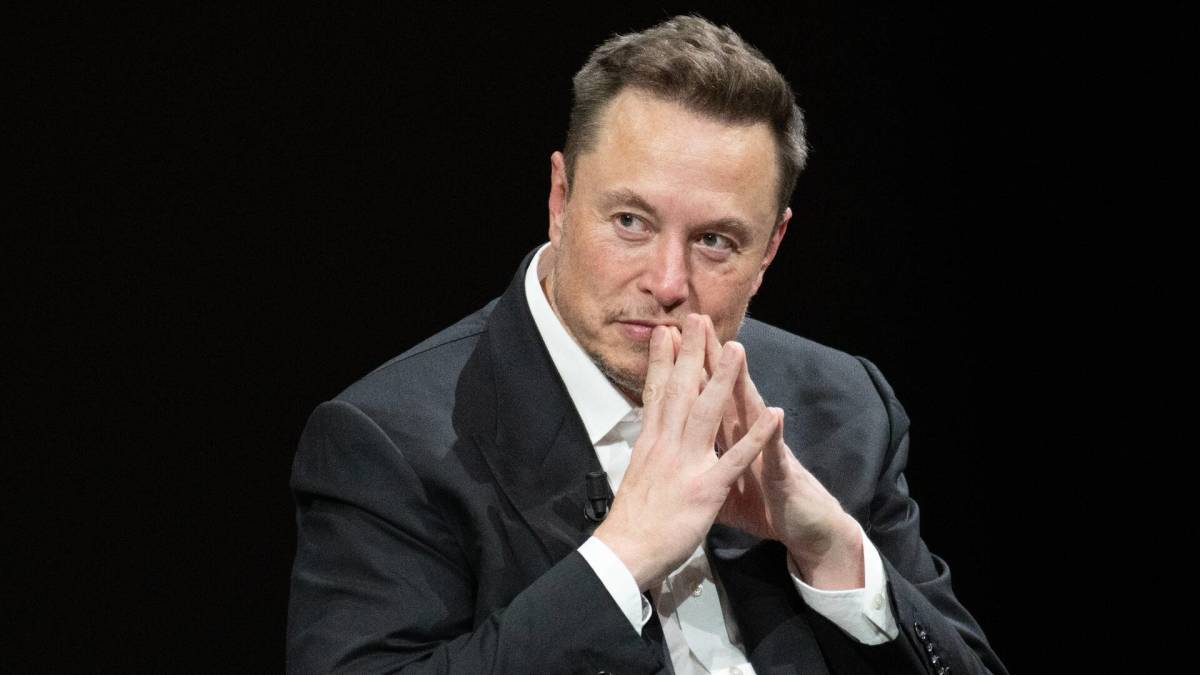
The idea of controlling a computer with your mind has long been the stuff of sci-fi — that is, until Elon Musk decided he wanted to see it become reality.
The billionaire has been exploring the possibilities of creating a brain interface "to restore autonomy to those with unmet medical needs" via Neuralink, his neurotechnology company. And now, five months after announcing the launch of the first human trial, Musk revealed that major progress has been made.
Related: Elon Musk makes an enormous new promise for one of his more unusual ventures
Musk said during a Spaces event on X that the patient is fully recovered and is able to move a computer mouse using thoughts alone.
"Progress is good, and the patient seems to have made a full recovery, with no ill effects that we are aware of," Musk said.
TheStreet has reached out to Neuralink for comment.
Progress, after troubling reports
While Musk's announcement is awe-inspiring to say the least, it's worth noting that Neuralink itself has been under scrutiny for troubling practices since 2022, when a Fortune report described a chaotic work environment. Ex-employees described it "as a culture of blame and fear."
Musk also came under fire for claiming that "no monkeys have died" as the result of a Neuralink implant. The Physicians Committee for Responsible Medicine claimed that at least a dozen previously healthy monkeys were euthanized, according to public records.
And in January, after Musk said the patient who received the implant was "recovering well," the physicians group also released a statement warning people to pause before believing Musk's claim.
"It is important to remember that Musk has a long track record of misleading the public about Neuralink’s supposed developments," it said.
"[Past] experiments revealed serious safety concerns stemming from the device’s invasiveness and rushed actions by company employees. In addition, a significant number of medical devices approved for clinical trials fail to ever make it to the market. As such, the public should continue to be skeptical of the safety and functionality of any device produced by Neuralink."







